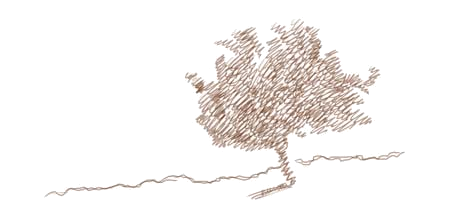The UK's Digital Economy Bill will introduce the concept of orphan works which may effectively abolish copyright on most photographs. Is this a foretaste of the future copyright in general?
The bill allows commercial use of a photograph if a search fails to identify the author. So a newspaper can use your photographs from Flickr, and only has to pay a small fee to a government-run collecting society. If you subsequently discover their "mistake", then all you can do is apply to the collecting society for a percentage of the fee!
Needless to say, this is a huge erosion of the power of copyrights to images. It will no longer be possible to get an injunction to prevent the infringing use. Amateur photographers will no longer be able to negotiate proper fees for their works such as important news captured on a camera-phone. Professionals will find themselves undercut by the huge supply of cheap and easy material on the Internet.
What I find interesting is that this provision essentially regularises the current state of affairs. People already feel free to take images from Flickr and do what they like with them. Professional photographers are already suffering from the competition. Even newspapers and advertisers who know the rules, often use copyrighted images without proper attribution or payment. And the vast majority of amateur photographers are perfectly happy with that.
Personally, I think that this new legal framework is sad, but inevitable. But surely the same logic applies to every other aspect of copyright? Journalism (blogs), software, music downloads, movies, books... everything.
To be sure, I don't expect that freely downloading Hollywood movies will become officially sanctioned in the near future. The disenfranchised authors in this case are amateurs who are largely indifferent to their copyrights. But eliminating their rights undermines the whole copyright edifice. I can imagine it being hollowed out from the inside, as bloggers, amateur musicians, YouTubers and the rest all have their copyrights progressively diminished. Eventually the whole system will be starkly divided between the copyright "haves" protected by 3-strikes laws and the DMCA, and the "have nots". Could such a manifestly unfair system survive at all?
 firetree.net
firetree.net